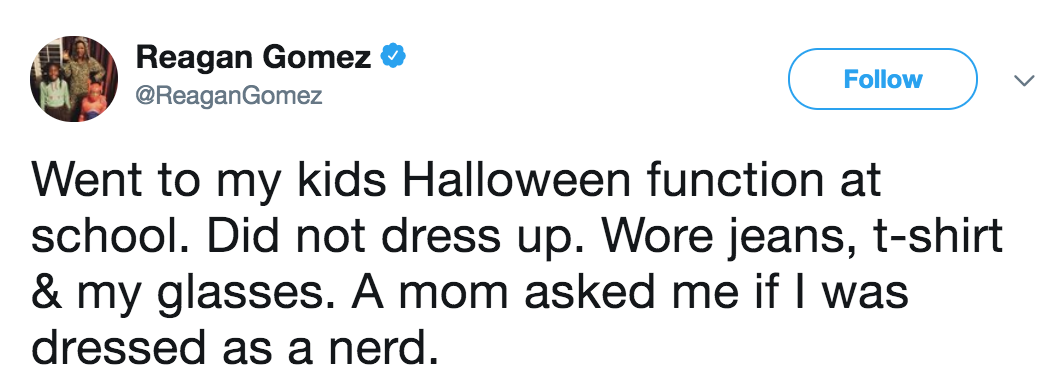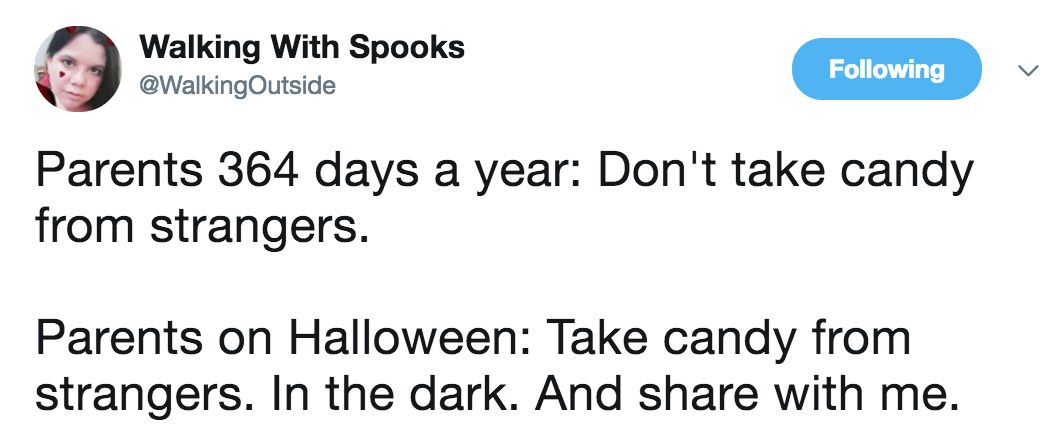Your two-year-old refuses to share his toy with your friend’s child. He snatches back his Thomas train. You are embarrassed, send him to his room for a time out, and tell him to come out when he’s ready to apologize. Once in his room, your child throws a full-fledged tantrum, complete with loud crying and kicking the wall. Now he’s really in trouble and will have to be punished, but were your original expectations fair?
According to a recently published survey of parents of young children conducted by ZERO TO THREE and the Bezos Family Foundation, the answer is no. The study reveals there is a sizable expectation gap between what child development experts know to be true and what parents assume their very young children can do. And the consequence is great frustration for parents and too much punishment for children.
Sharing:
Many parents and even some preschool educators often have unrealistic expectations that young children should be able to share and take turns. As an early childhood educator, I often observed a negotiation that goes something like this. The adult tells the child she may use the toy for a certain amount of time (often, a timer is used) and then she must “share” and give another child a turn. The most common result is for the child to refuse to relinquish the toy when time is up, followed by tears and consequences. For this reason, early childhood programs have multiple copies of the same toy in their youngest classrooms.
Because 43 percent of parents think children can share and take turns with other children before age two, however, many of young children are punished or labeled as selfish. In fact, this skill develops between 3 to 4 years, so what is interpreted as bad behavior is really a matter of development.
Impulse control:
As a preschool director, I often talked to parents who were angry with their little ones for not following rules. Some tried positive reinforcement techniques like sticker charts or resorted to bribes. Unfortunately, most relied on some form of punishment, most commonly putting their children in time outs for infractions. To their dismay, their children often repeatedly broke the rules regardless of the parents’ disciplinary technique and warnings.
Brain science research teaches that for children under age three, it is developmentally appropriate for them to be unable to control their impulses. Yet 56 percent of parents believe two-to-three year olds are being defiant when they break rules, and 36 percent believe this to be true for their children under age two. The truth is that children just start to develop the ability to control their impulses between 3.5 to 4 years, without it being consistent until much later.
Controlling emotions:
Crying and tantrums drive most parents up the wall. This often leads to lectures, yelling, and punishment such as the traditional time out and/or isolation in a room. (Hopefully not spanking the child, but I’m sure that happens too.) While leaving a child alone in a safe environment until he calms down may work, tantrums often happens in public where there is no place to do this. Becoming angry and even hitting a child in this state is like pouring fuel on the fire.
What parents don’t understand is that it is unrealistic to expect children younger than 3.5 to 4 years old to control their emotions. 24 percent of all parents of one-year-olds believe that children have the capacity to control their emotions, and 42 percent of parents believe their children should have this ability by two years. Thus, according to the survey, the majority of parents of very young children think they should not have tantrums and emotional outbursts. Once again, I suspect many kids are punished for something they can’t control.
Assume most parents love their children:
According to the study, the good news is that most parents (91 percent), regardless of race, ethnicity, income and education level, believe their children are their greatest joy. They think they are adequate parents but also want to improve their parenting skills. The parents surveyed felt if they knew more about child development and appropriate expectations, they would be better parents. They wished they had more positive parenting strategies in their arsenal. And they understood the importance of the first five years of life.
The majority of those surveyed are really “good enough” parents, but they shared these important goals for improving their parenting skills:
- Manage their own emotions as a model for their children
- Have more patience
- Not lose their temper or yell at their kids
In order to achieve these goals, there needs to be a greater understanding of how expectations are often at odds with developmental ability. Perhaps this disconnect between what we want children to do and what they are actually capable of is fueled by the growing expectations we as a society have for very young children. The increasingly academic orientation of our early childhood and lower elementary classrooms is a perfect example of this phenomenon.

















